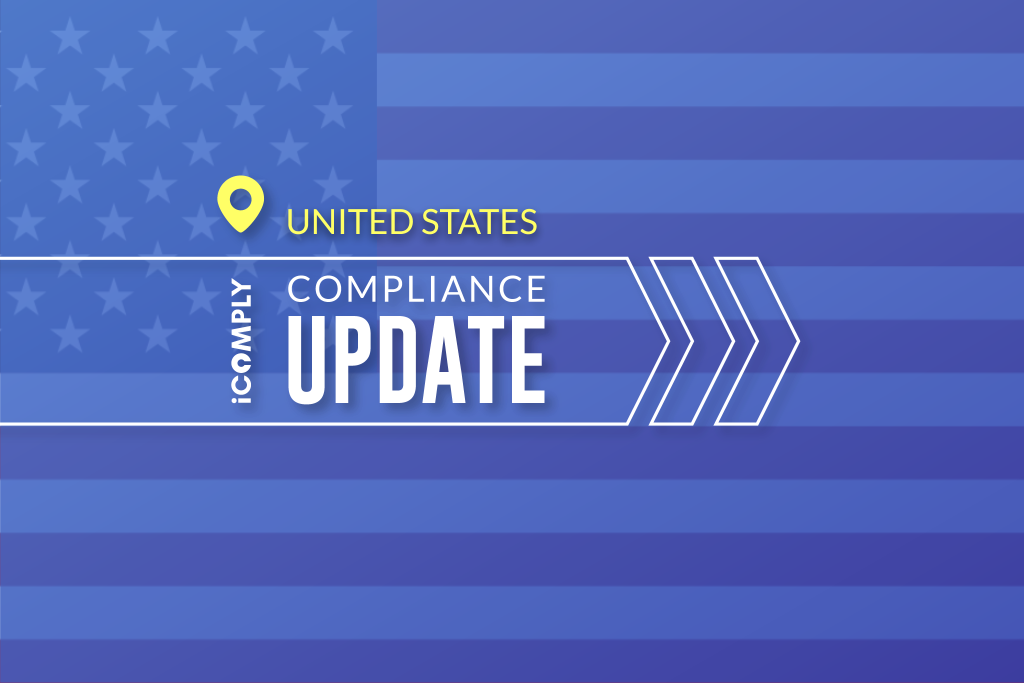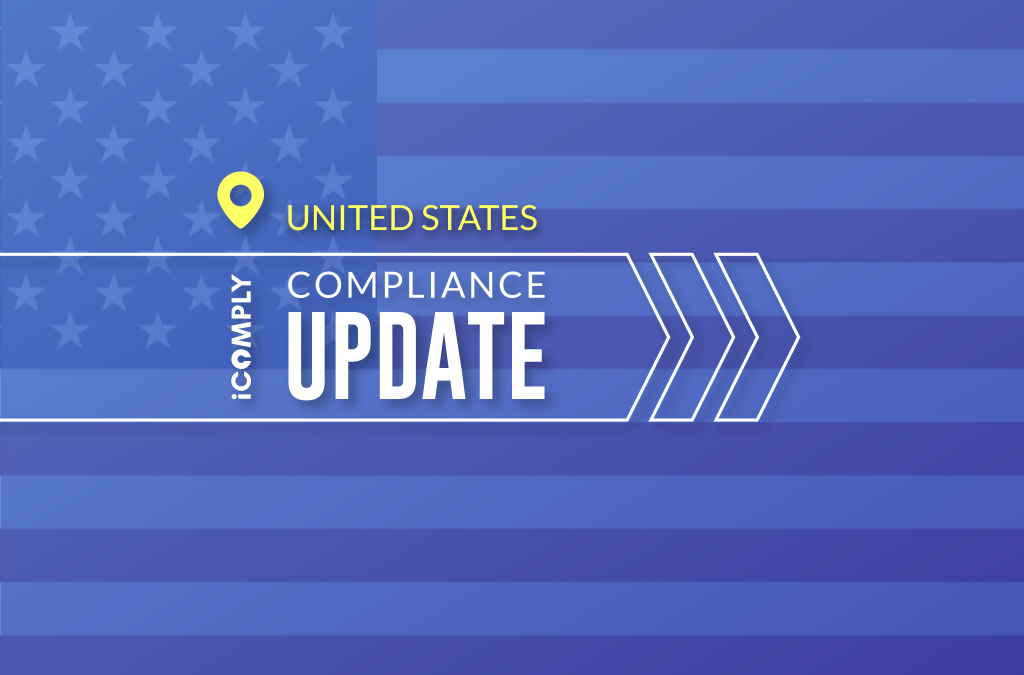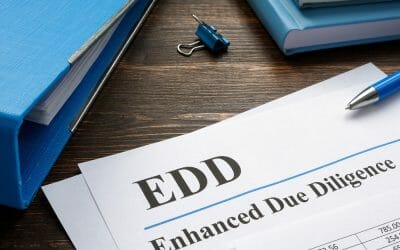U.S. Targets Bank M.Y. Safra in First-Ever Crypto AML Action

OCC Hits New York-Based Bank with First Ever Enforcement Action for Lack of Crypto AML Compliance
What Happened?
February 27, 2020: The U.S. OCC (Department of Treasury Office of the Comptroller of the Currency) took action publicly against M.Y. Safra Bank is the first in a new wave of enforcement for VASPs (virtual asset service providers).
According to the OCC order, the AML policies and procedures MYSB had in place were ineffective at identifying whether their clients were transacting with stolen or laundered virtual assets, such as Bitcoin and Ethereum cryptocurrencies and security tokens.
This inability to identify, investigate, or report this suspicious activity further prevented the bank from filing the appropriate SARs (suspicious activity reports) with FinCEN.
Source: https://www.occ.gov/static/enforcement-actions/ea2020-005.pdf
Who Is Impacted?
Any VASP–banks, crypto-exchanges, OTC desks, fintechs, etc.–dealing with virtual assets and serving U.S. customers.
Why This Matters?
The action taken against M.Y. Safra Bank is a strong indication that bank regulators such as the OCC, Federal Reserve Bank, and the FDIC (Federal Deposit Insurance Corporation) have already gathered enough information on VASPs to begin a campaign of targeted enforcement.
It also demonstrates that these regulators expect VASPs to have the capacity to identify and properly assess the risk of the clients and transactions they are serving. The regulator gives clear direction that the AML obligations of traditional finance apply to any virtual asset transaction.
What’s Next?
The MYSB board of directors has 60 days to respond with a comprehensive compliance program that is able to stand up to stress testing from an independent third party.
VASPs serving US users, clients, or investors should be able to clearly demonstrate that their KYC, risk screening, blockchain forensics, and transaction monitoring tools are integrated into an effective AML program – backed by comprehensive, written policies and procedures manuals, and audited by an independent expert.
Furthermore, compliance teams should review their AML providers to ensure they are not just paying for a KYC onboarding tool or identity verification APIs.
Ongoing monitoring programs are required – existing users should be screened regularly for AML risk such as whether they have appeared on global sanctions, watchlists, or adverse media risks, and whether they represent political exposure.
For iComply clients, our ongoing monitoring feature will perform these tasks on a daily basis and only provide alerts if a new risk is identified. Speak with your account manager for more information.
learn more
Is your AML compliance too expensive, time-consuming, or ineffective?
iComply enables financial services providers to reduce costs, risk, and complexity and improve staff capacity, effectiveness, and customer experience.
Request a demo today.
Spotlight On: The Role of AML in Ending Human Trafficking
Human trafficking and modern slavery remain two of the most challenging humanitarian issues for international legislators and law enforcement agencies to resolve—due in large part to the the level of difficulty to uncover hidden channels and illegal measures that...
Regtech Terms 101: Definitions Made Simple
If you're in the process of implementing or revising your money laundering and financial crime protocols, you’ve no doubt come across the many terms and acronyms associated with financial regulations. As fintech and related financial crime mandates continue to evolve,...
What Triggers an AML Investigation?
Money laundering and financial fraud are two of the biggest risks facing businesses and institutions worldwide, with an estimated USD $800 million to $2 billion laundered annually. To combat this, global legislators such as FinCEN, FINTRAC, and various European...




